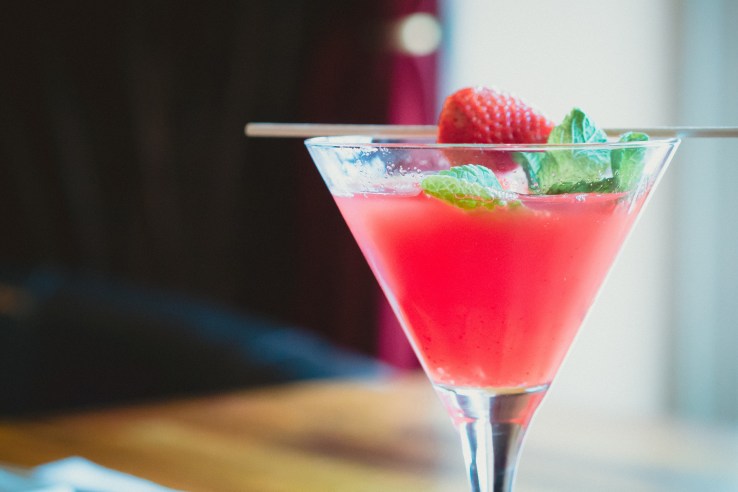
Archaeological records show humans have been making alcohol since at least 7000 BC. We figured out wine more than 6,000 years ago. By the time the ancient Egyptians entered the scene, brewers were making at least 17 types of beer.
Nonetheless, it appears we are not done innovating.
Booze-related startups, which typically account for a noticeable but not huge chunk of venture investment, continued to rack up funding in the past year. A Crunchbase analysis of the space found that at least two dozen companies with liquor-related business models raised a round of $1 million or more since the beginning of last year. Altogether, boozy businesses raised more than $280 million in that period.
If we had included every craft brewery and microdistillery to raise capital, funding totals would have been higher. But the list focuses on companies that raised angel, venture and, in some cases, crowdfunded rounds. The majority of booze startups funded under these terms typically had an innovative technology or business model.
Where investors pay for the rounds
Selecting wine is a complex undertaking, creating demand from drinkers and wineries alike for tools to match a wine lover to the most appropriate bottle. Vivino, which operates a popular wine-rating app, demonstrated wine curation could be an attractive market for investors. The company, which claims more than 22 million app users, closed on $25 million last year. In a similar vein, Wine Ring, an algorithm-driven app that matches drinkers with wines that meet their preferences, raised $3.85 million in angel funding last April.
Many people also want to get booze without having to go to the store, and startups are catering to them. The largest funding round for a liquor-related company last year went to China-based Liquor Easy, a provider of 20-minute alcohol delivery service, which reportedly raised $61 million from Legend Capital. U.S.-based Drizly, meanwhile, recently closed on almost $17 million to expand a booze delivery service operating in multiple cities. Food delivery providers are also edging into the space, with Postmates looking to broaden its alcohol options.
There are also startups looking to apply advances in chemistry and biology to the art of wine creation. Ava Winery, a San Francisco-based startup that analyzes fine wines at a molecular level and attempts to chemically recreate the taste without grapes or fermentation, raised nearly $3 million in seed funding to make good on its promise. Biome Makers, which applies DNA sequencing to enable winemakers to identify microorganisms in their soil, grapes and wines, closed on just over $2 million.
Booze-related gadgetry was another popular theme. Coravin, developer of a device for accessing a bottle of wine without pulling the cork, raised a $22.5 million round in November, bringing total funding to more than $60 million. The Burlington, Mass.-based company markets its $500 Coravin System as a way to enjoy a glass of wine without committing to the whole bottle. In craft beer-loving Seattle, meanwhile, PicoBrew, which sells an $800 brewing system for making artisanal beer at home, closed on a $10.6 million Series A last spring.
If all these startups succeed in meeting their wildest expectations, we could be looking at a future where a synthetically engineered copy of a $10,000 bottle of wine is custom-selected via an app, delivered in a few minutes and uncorked, one glass at a time, for maximum drinking pleasure. The days when people were satisfied going to the store to buy a six-pack could begin to look quite primitive.
[“Source-techcrunch”]

